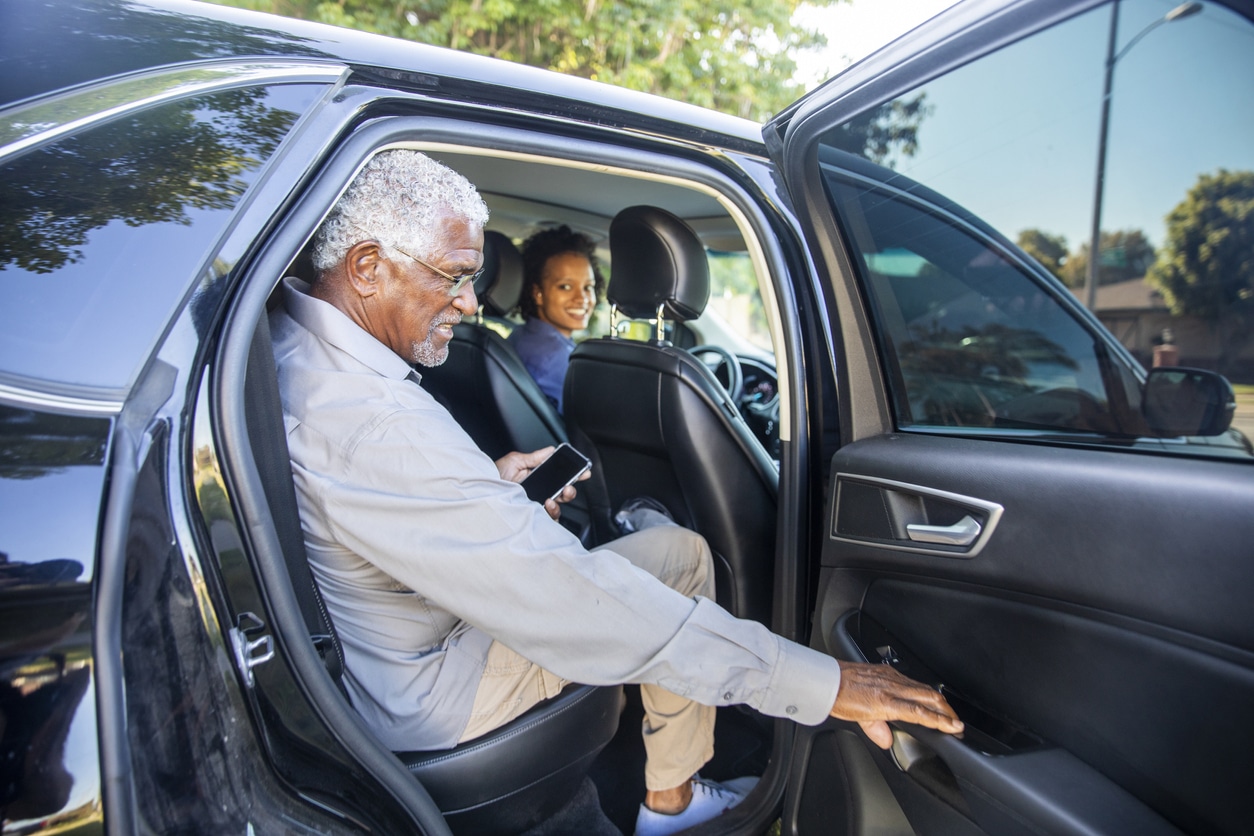Initiating the Uncomfortable: A Conversation about Aging, End-of-Life, and Future Planning
I’m preparing to have a difficult conversation with my husband. We’ve had more than a few in our marriage, but this one has me a little on edge.
I’m planning to ask him questions that will make us think of the worst-possible scenario. I’ll tell him things he may not want to hear, but that he needs to know. And to make this conversation even more uncomfortable, we will write it all down and tell everyone we know.
I’m preparing to talk about how I want to live as we age, and I’m a little nervous to see how everything turns out. After all, no one wants to think about the time in their life when they can no longer make decisions.
And it turns out, I’m not alone. Research by the Home Instead Senior Care® network of seniors, adult children, senior care, and legal professionals found that only 31 percent of families have had adequate conversations about aging and end-of-life issues.
The survey revealed that nearly 40 percent of adult children feel that there is at least one barrier that prevents them from having these important conversations. Most notably these barriers include:
- It’s uncomfortable to think or talk about
- We procrastinate
- We don’t know how to start the conversation
It’s time to put the excuses away. I need to make sure that my husband knows I want to stay at home as I age – and hopefully, he wants the same thing. We need to discuss what happens when I can no longer drive. (My husband would say that time is now.) Eventually, we’ll make sure our children know our plans as well. Tattoos of our wishes on their foreheads may be a bit extreme, but they’re an option.
But the first obstacle is starting the conversation. Because, let’s be honest: it is uncomfortable.
“Hey honey, I don’t ever want to be on a feeding tube or a ventilator. Can you please pass the carrots?”
So that might not be the best way to start the conversation, and I’m not sure the carrots will make good witnesses. Perhaps catching him off-guard like that isn’t the best way to have fruitful conversation. We’ve had these conversations before, but never in a way that was official; usually it has been a casual conversation after reading a tragic story.
I want to be prepared. I want to be prepared to grow old with the man I love. I want to be prepared should tragedy prevent us from growing old together. To really be prepared, this time, we need to discuss details, scenarios, and logistics. This time we need to put it in writing, and make sure our physicians, lawyers, and family have a copy. We need to discuss it with our family and friends; we need to make sure our wishes are known.
The good thing about taking this scary but important step is that once we’ve had the conversations and made plans about our future, we’ll have the perfect conversation starter to get our parents talking and planning as well.
It may not be an easy conversation, but it will likely be the most important one we ever have.
************
Find the forms and information you should have on hand – not only for your aging loved ones, but for yourself at www.SeniorEmergencyKit.com.
For tips on how to discuss your wishes with your family, www.4070talk.com has some great information.



